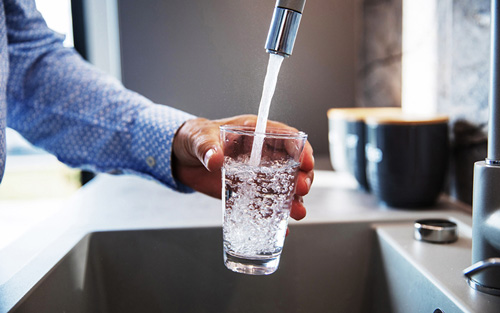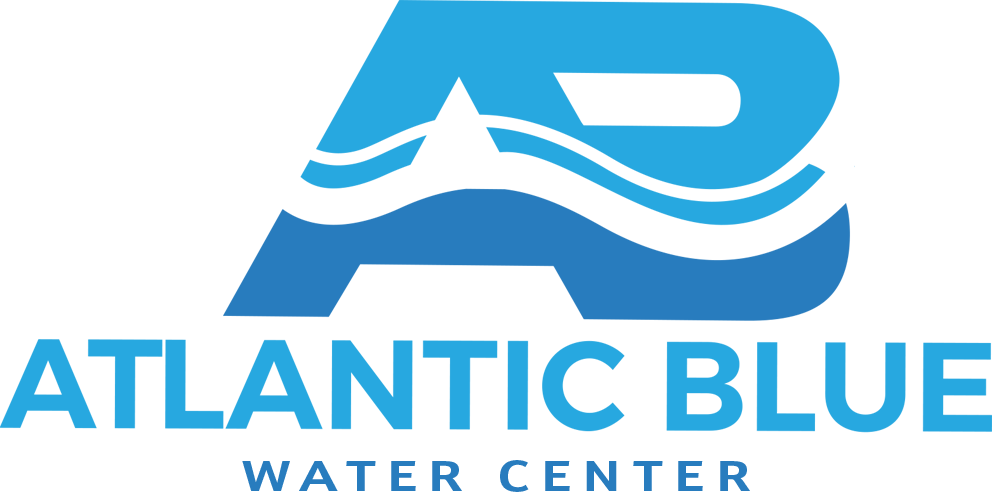Water is an essential resource that we rely on for drinking, cooking, and maintaining our overall health and well-being. However, not all water sources are free from contamination. Whether you get your water from a public supply or a private well, it’s crucial to be aware of the signs and symptoms of water contamination. By recognizing these indicators, you can take appropriate measures to ensure the safety of your drinking water. In this blog post, we will discuss the top signs and symptoms of water contamination that you should watch out for.
1. Unusual Taste or Odor:
One of the most apparent signs of water contamination is a strange taste or odor. If your water has a metallic, chemical, or rotten egg smell, it may indicate the presence of contaminants. Similarly, a bitter, salty, or earthy taste could be a cause for concern. While some minerals can naturally affect the taste of water, an unpleasant or unusual taste should not be ignored and warrants further investigation.
2. Discoloration or Cloudiness:
Clean and safe drinking water should be clear and colorless. If you notice a discoloration in your water, such as a yellow, brown, or reddish tint, it might suggest the presence of impurities like rust or sediment. Additionally, cloudy or murky water could be a sign of bacterial or microbial contamination. If you see any visible changes in your water’s appearance, it is advisable to have it tested promptly.
3. Presence of Sediment or Particles:
When pouring a glass of water, it should be free of visible particles or sediment. If you observe floating or settling particles, it could indicate a problem with the water source or the pipes through which it flows. Sediment or particles might be an indication of rust, sand, or other contaminants entering the water supply, and it requires attention to identify and rectify the issue.

4. Gastrointestinal Issues:
Contaminated water can lead to various gastrointestinal problems when consumed. If you experience frequent stomachaches, diarrhea, vomiting, or nausea after drinking water from a particular source, it could be a sign of waterborne pathogens or pollutants. These symptoms may arise due to bacteria, viruses, parasites, or chemical contaminants present in the water. Seeking medical advice and reporting the issue to local health authorities is recommended in such cases.
5. Skin Irritations or Rashes:
Water contaminants can also affect the health of your skin. Skin irritations, rashes, or itchiness after showering or bathing with water from a specific source could indicate the presence of irritants or allergens. Chemical pollutants like chlorine, heavy metals, or pesticides can cause such reactions. If you consistently experience skin problems associated with water usage, it’s essential to investigate the water quality.
6. Increased Plumbing Issues:
Contaminated water can have adverse effects on your plumbing system. If you notice an increase in plumbing issues such as clogged pipes, corroded fixtures, or a decrease in water pressure, it may indicate the presence of contaminants. Certain minerals or chemicals in the water can lead to the deterioration of plumbing materials, affecting their functionality and lifespan.
Atlantic Blue Water Center can Ensure the Quality of Your Water
The safety of your drinking water should be a top priority. Recognizing the signs and symptoms of water contamination is crucial for protecting your health and the well-being of your family. If you observe any unusual taste, odor, color, or visible particles in your water, or if you experience gastrointestinal issues or skin irritations after water exposure, it’s important to investigate the source of the problem. Prompt action, such as contacting your local water treatment company to arrange water testing, can help identify and address potential contamination concerns. Remember, access to clean and safe drinking water is vital for a healthy and thriving community. Contact Atlantic Blue Water Center today at 410-751-9200 to learn more about our water testing services!
